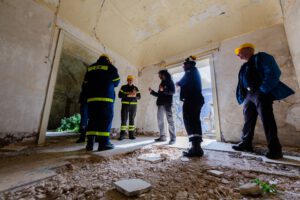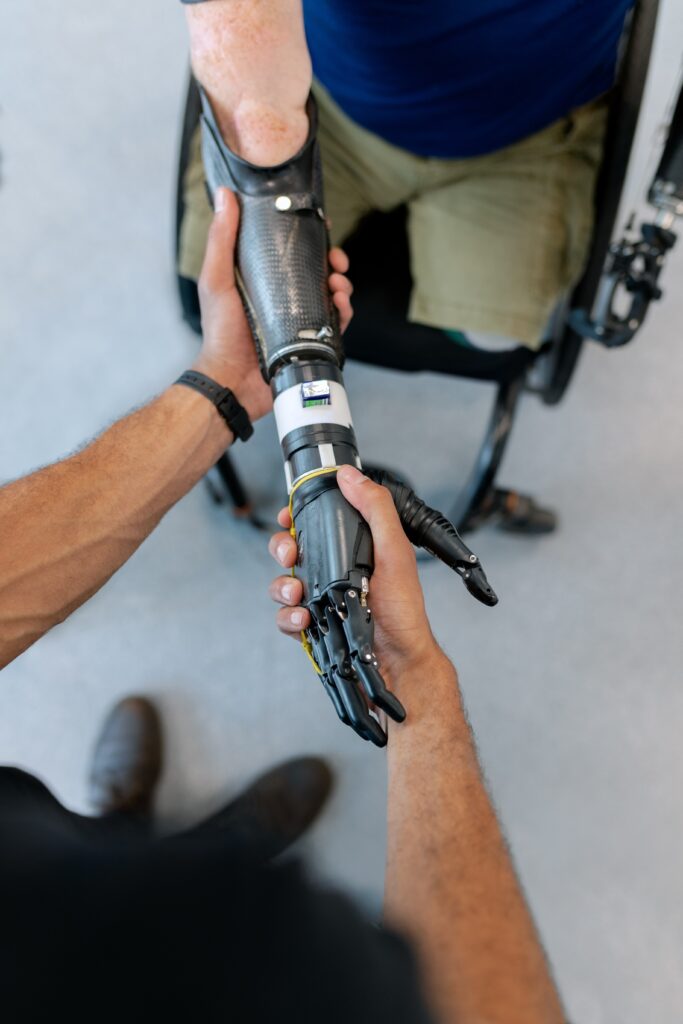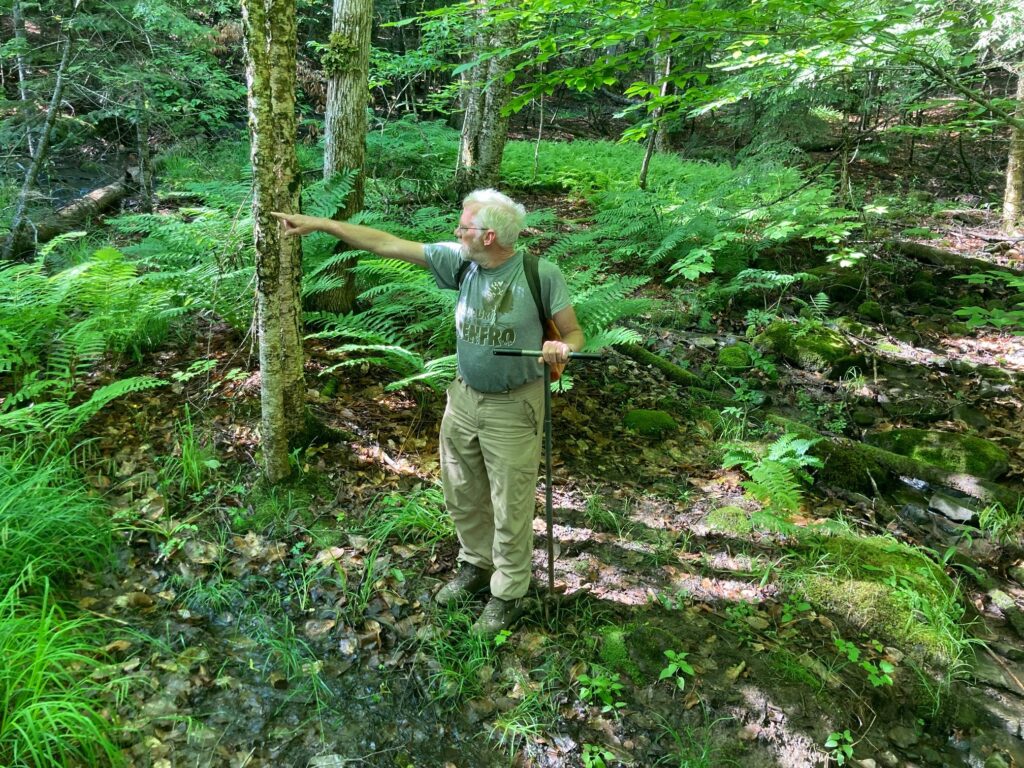
Members-In Training
To become enrolled as a Member-in-Training (MIT) in NB, you must meet the academic, language, and residency requirements. MIT status in NB is NOT mandatory, but it is highly recommended. You may remain enrolled as an MIT for up to 5 years while you gain appropriate work experience. In certain cases, you may request an extension.
Competency Based Assessment Program

APEGNB and many of Canada’s engineering and geoscience regulators have implemented or are moving toward competency-based assessment of work experience.
The format for submission of experience may be changing, but the range and variety of experience required is not. The competency based assessment program (CBA) allows for a more transparent method of submission.
Acceptable Experience*
* This may only be applicable to certain applicants. Contact us for details.

Enrollment as a Member-in-Training for the duration of the period when gaining your post-graduation experience is the recommended route to obtaining professional status, but it is not mandatory. MITs must meet all the same requirements as a member, with the exception of the work experience and National Professional Practice Exam.
When applying for Professional status, you must demonstrate forty-eight (48) months of acceptable engineering or geoscience experience which can be attested to by your supervising P.Eng. or P.Geo. Twelve (12) months of this experience must have been acquired in a Canadian environment. We define a Canadian environment as work experience obtained in Canada, supervised by a professional engineer, licensed in the applicable Canadian jurisdiction; or, work experience obtained outside Canada where applicants demonstrate good knowledge of local Canadian engineering laws, practices, standards, customs, codes, conditions and climates.
APEGNB may credit up to 12 months of experience for a completed Master’s degree in a discipline related to engineering/geoscience and up to 12 months of experience for a completed PhD in a discipline related to engineering/geoscience. Each graduate degree is reviewed on a case by case basis.
To be prepared for entry to independent practice, your work experience should be well rounded. You need an understanding of your limitations related to the practice of engineering/geoscience; and you must show a progression into work of greater complexity and responsibility.
Pre-Graduation Work Experience

Engineering and geoscience related work experience gained prior to graduation can be submitted for review once you are enrolled in the Member-in-Training program provided that:
- the engineering or geoscience work experience is completed AFTER the mid-way point of your degree (that is, after you have completed half of your degree course load).
- The engineering or geoscience work experience MUST be attested to by your supervising Professional Engineer or Professional Geoscientist during the work term.
